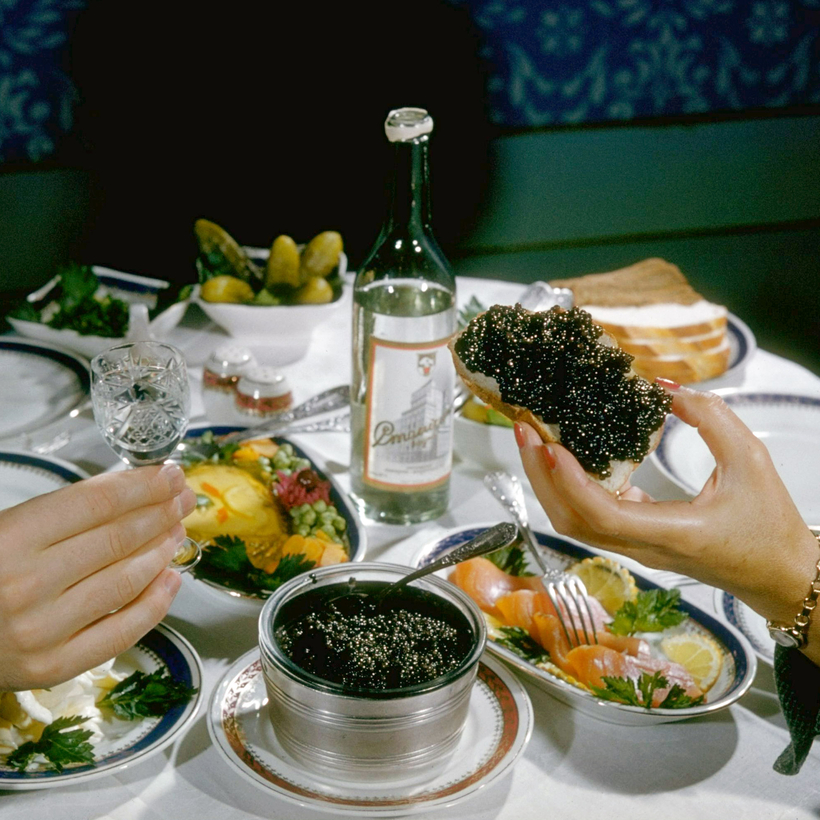When I was first taken to the Connecticut home of Anni and Josef Albers, in the spring of 1971, I expected to see a place resembling the Bauhaus: a flat roof and lots of steel and glass. Imagine my surprise when we pulled up to an ordinary suburban raised ranch, clad in artificial beige shingles, its concrete foundation boldly visible because there was no planting in front of it. I soon realized that the Bauhaus was more a mentality than a style.
Anni and Josef were like a two-person religious sect: austere but refined, robust for their ages (she was 71; he was 84), exuding charisma. After about an hour of chatting amiably, the two of them interrogating me about my studies at Yale and my artistic taste, Anni said we should go pick up lunch—at Kentucky Fried Chicken. On the way there in their Chevrolet station wagon (recently upgraded to accommodate Josef’s larger Homages to the Square), she explained that “Ken-TUCK-ee” was like traditional Viennese fried chicken; it also reminded them of picnics at Black Mountain College, in North Carolina, where Josef was head of the painting program for 16 years.


